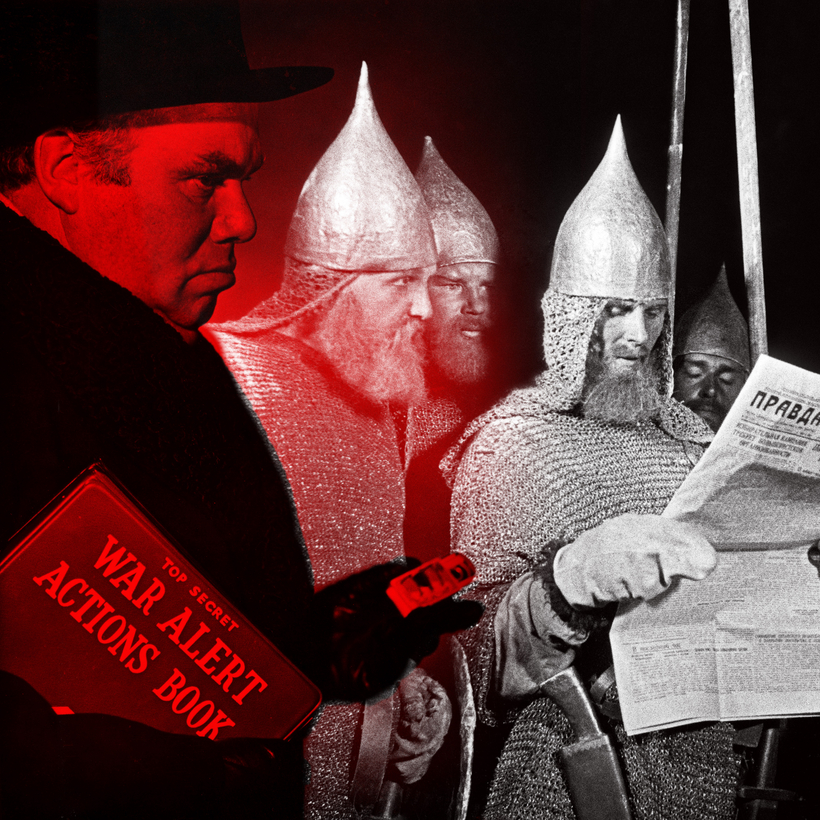Capitalism gets a bad rap. It’s subject to weaponization by elites (cronyism), and the inequality it creates gives rise to caricatures of wealth as immoral and the wealthy as bad people. But this system has brought about more prosperity in the past century than any other force in the entirety of prior human experience. Capitalism encourages positive social behaviors, triggering self-preservation instincts that inspire cooperation.
As Yuval Noah Harari has written, what led to the human species commanding life on Earth was our proclivity to communicate and cooperate in large groups. Capitalism taps this: the tools we use to increase wealth — entrepreneurship, entering new markets, achieving scale — don’t work without collaboration. No war has ever been won, no company built, and no significant amount of wealth amassed without the help of allies. A businessperson who doesn’t build connective tissue within a company, throughout an industry, and across borders is much less likely to succeed.

